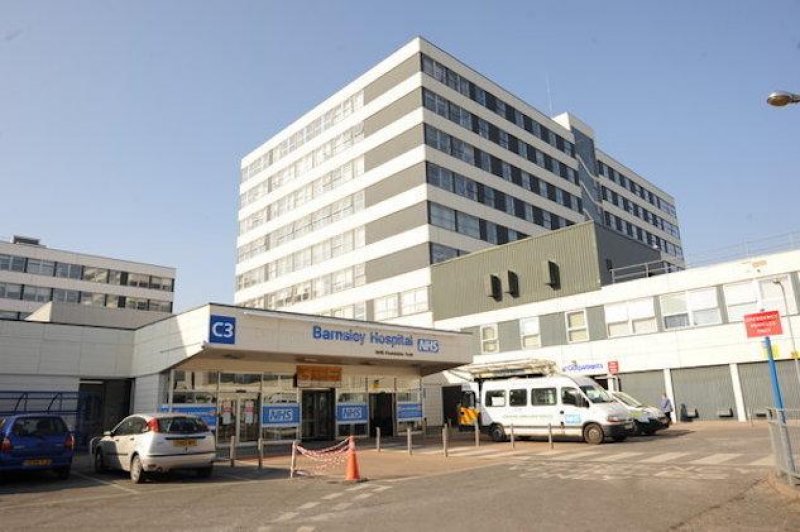A RECORD number of fines have been handed out to parents who have taken their children out of school for holidays.
Department for Education figures show that Barnsley Council handed out 3,137 penalties to parents and guardians for their child’s persistent absence in the 2022/23 academic year.
Of them, 2,862 – 91 per cent – were issued due to pupils being taken out of school for holidays.
It is up from 1,677 the year before and the highest on record since 2016/17.
Before the pandemic in 2018/19, 881 penalty notices were issued for unauthorised holidays.
Penalty notices are handed to a guardian if a child frequently misses school and costs either £60 if paid within 21 days of receipt or £120 thereafter.
If it is not paid in four weeks, the local authority must either prosecute or withdraw the notice.
Coun Trevor Cave, cabinet spokesperson for children’s services, said that parents must consider the impact of their child’s missed education – especially after Covid-19 lockdowns kept pupils out of classrooms for almost six months.
“We are committed to ensuring that every child in our borough receives the education they deserve to succeed so that they are able to access the opportunities presented through Barnsley being the place of possibilities,” he said.
“We ask parents to consider the impact of taking children out of school for holidays.
“While we acknowledge that families want to keep holiday costs down, there is research which demonstrates that term-time holidays can create gaps in learning that are difficult to bridge, it can feel hard to catch up and for some children it can be challenging to settle back into school when attendance is inconsistent or disrupted.”
If all the fines are paid within 21 days, the council would have received around £188,000 – but they insist they are spending the fine money on ‘admin’.
Coun Cave added: “In line with the national protocol, and our local authority code of conduct, money raised via school absence penalties is only used by the Barnsley Council to cover the costs of administering the system.”
Tom Banham, chief executive of Hoyland Common Academy Trust (HCAT) – which has multiple Barnsley schools under its wing – said the best strategy to lower the figure is working collaboratively with parents.
“The rates of pupil absence observed in schools nationwide are a cause for concern and Barnsley is no exception to this issue,” he said.
“Recognising that pupils thrive academically with sustained periods in school and acknowledging the profound impact of quality education on life prospects, it becomes imperative to address this challenge.
“Undoubtedly, the most effective strategy for fostering positive attendance involves collaborative efforts with parents, carers, and students.
“Nevertheless, there are instances where schools and local authorities must resort to utilising their statutory powers to enforce and promote consistent attendance.
“A balanced approach that combines partnership with statutory measures is essential for cultivating positive attendance.”
Across England, nearly 399,000 fines were issued over the last academic year – a 20 per cent jump from pre-pandemic figures.
About 356,000 were for unauthorised holidays, as families looked to book cheaper vacations outside school holidays.
It has more than trebled since 2016/17, when 116,000 such fines were imposed.
But Paul Whiteman, the general secretary of the National Association of Headteachers, said the use of fines is ‘controversial’.
“Fines have always been too blunt an instrument when it comes to tackling persistent absenteeism,” he added.
“The use of fines is controversial, and it is becoming clear that they are ineffective in addressing overall absence.
“Unless more is done to find out the reasons behind continual periods of absence and tackle the root causes behind persistent absenteeism, including support for vulnerable families and for children and young people’s mental health, fining families is unlikely to solve the issue.”


















